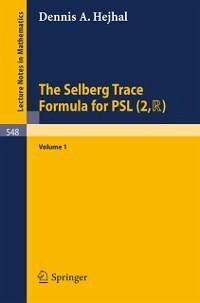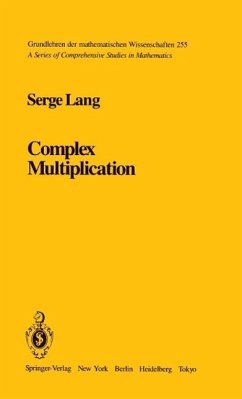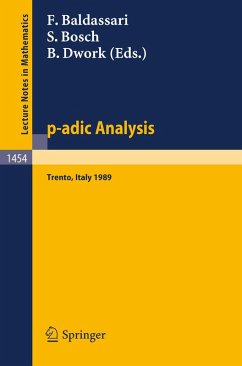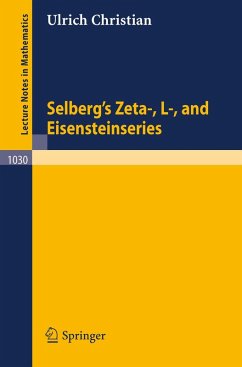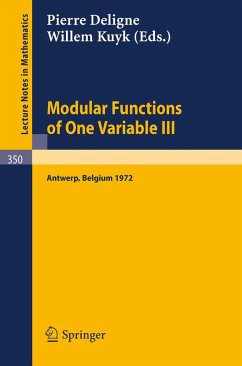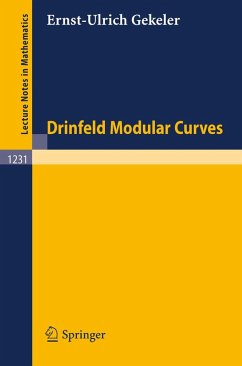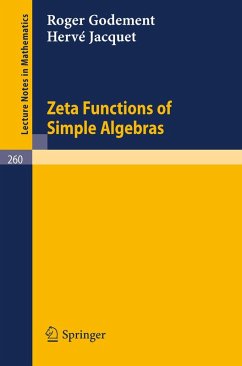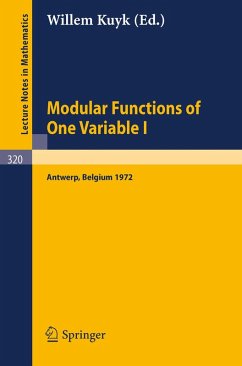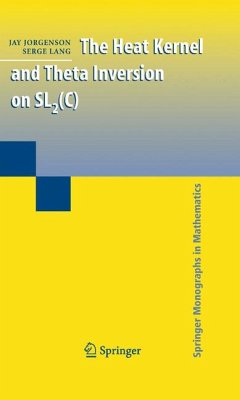
The Heat Kernel and Theta Inversion on SL2(C) (eBook, PDF)
Versandkostenfrei!
Sofort per Download lieferbar
72,95 €
inkl. MwSt.
Weitere Ausgaben:

PAYBACK Punkte
36 °P sammeln!
The purpose of this text is to provide a complete, self-contained development of the trace formula and theta inversion formula for SL(2,Z[i])\SL(2,C). Unlike other treatments of the theory, the approach taken here is to begin with the heat kernel on SL(2,C) associated to the invariant Laplacian, which is derived using spherical inversion. The heat kernel on the quotient space SL(2,Z[i])\SL(2,C) is gotten through periodization, and further expanded in an eigenfunction expansion. A theta inversion formula is obtained by studying the trace of the heat kernel. Following the author's previous work,...
The purpose of this text is to provide a complete, self-contained development of the trace formula and theta inversion formula for SL(2,Z[i])\SL(2,C). Unlike other treatments of the theory, the approach taken here is to begin with the heat kernel on SL(2,C) associated to the invariant Laplacian, which is derived using spherical inversion. The heat kernel on the quotient space SL(2,Z[i])\SL(2,C) is gotten through periodization, and further expanded in an eigenfunction expansion. A theta inversion formula is obtained by studying the trace of the heat kernel. Following the author's previous work, the inversion formula then leads to zeta functions through the Gauss transform.
Dieser Download kann aus rechtlichen Gründen nur mit Rechnungsadresse in A, B, BG, CY, CZ, D, DK, EW, E, FIN, F, GR, HR, H, IRL, I, LT, L, LR, M, NL, PL, P, R, S, SLO, SK ausgeliefert werden.




